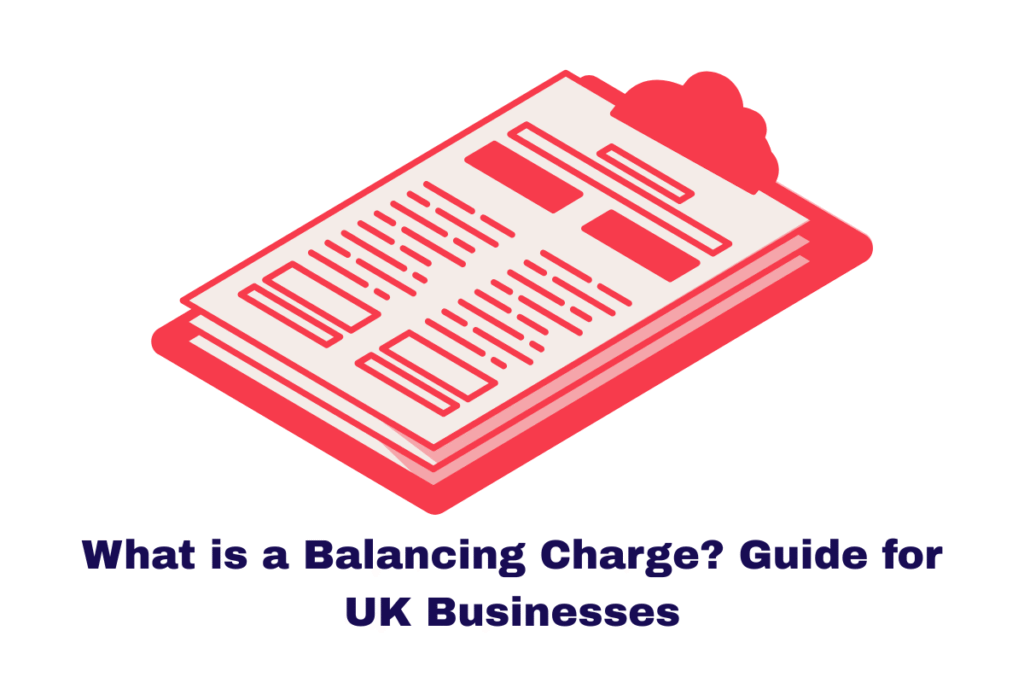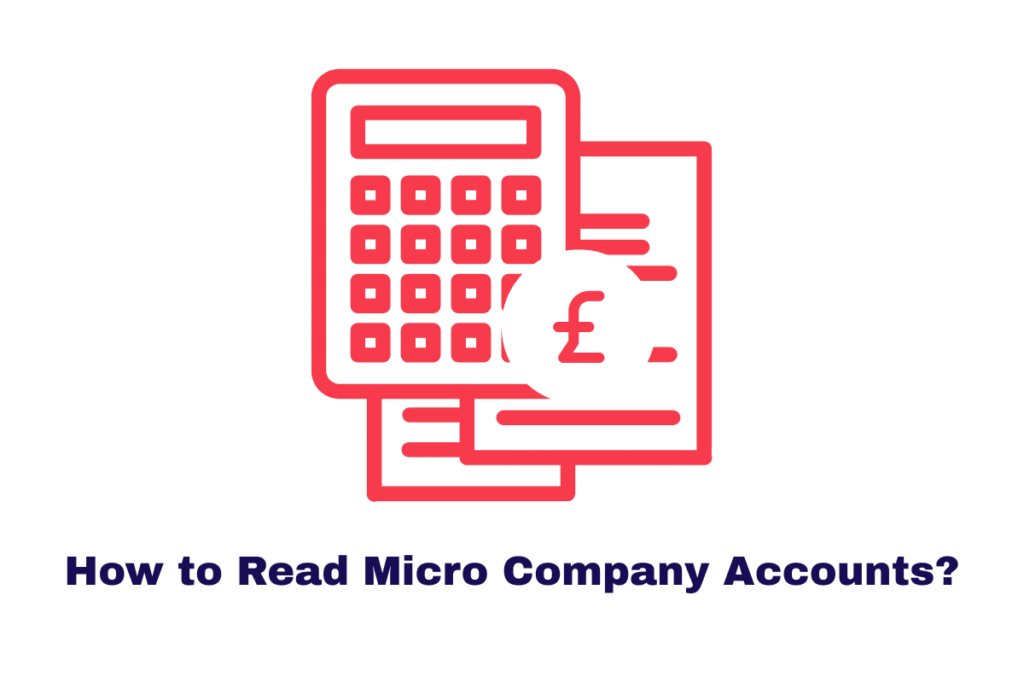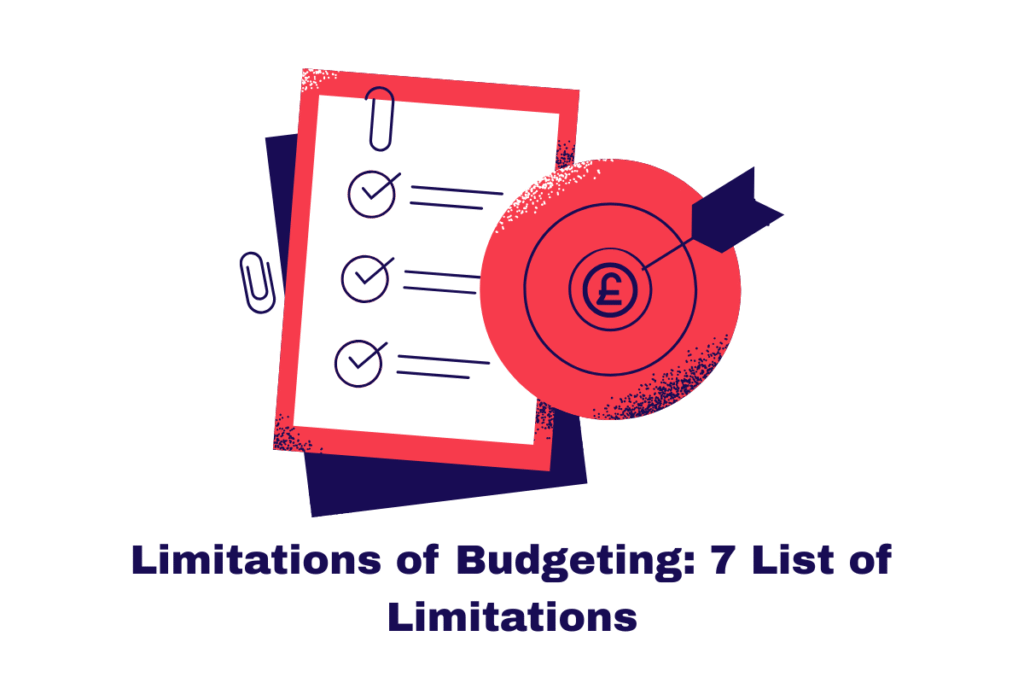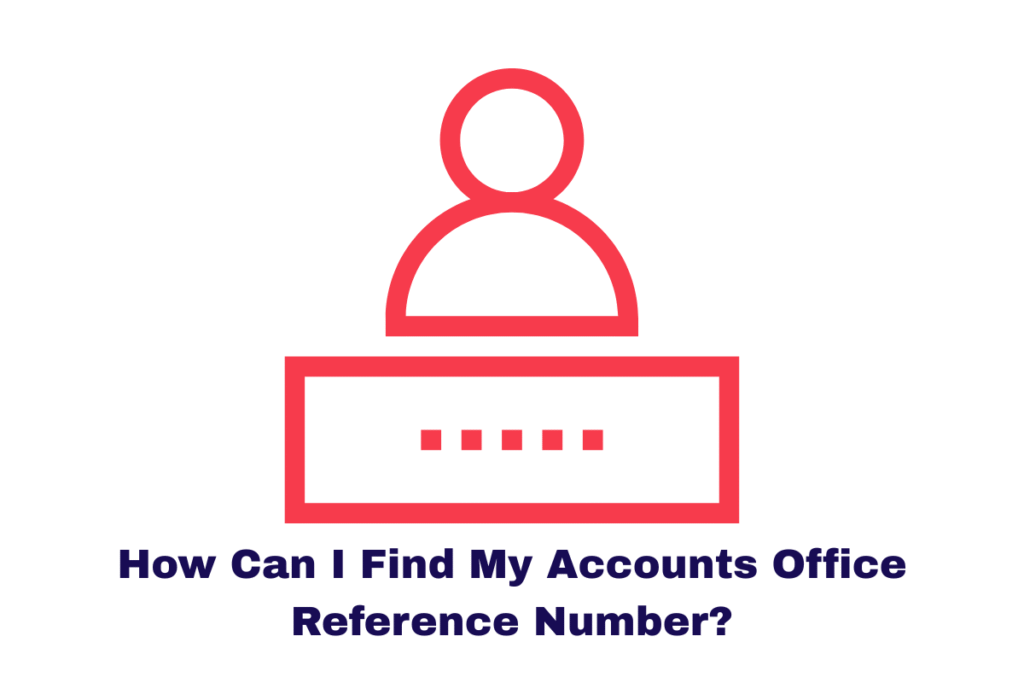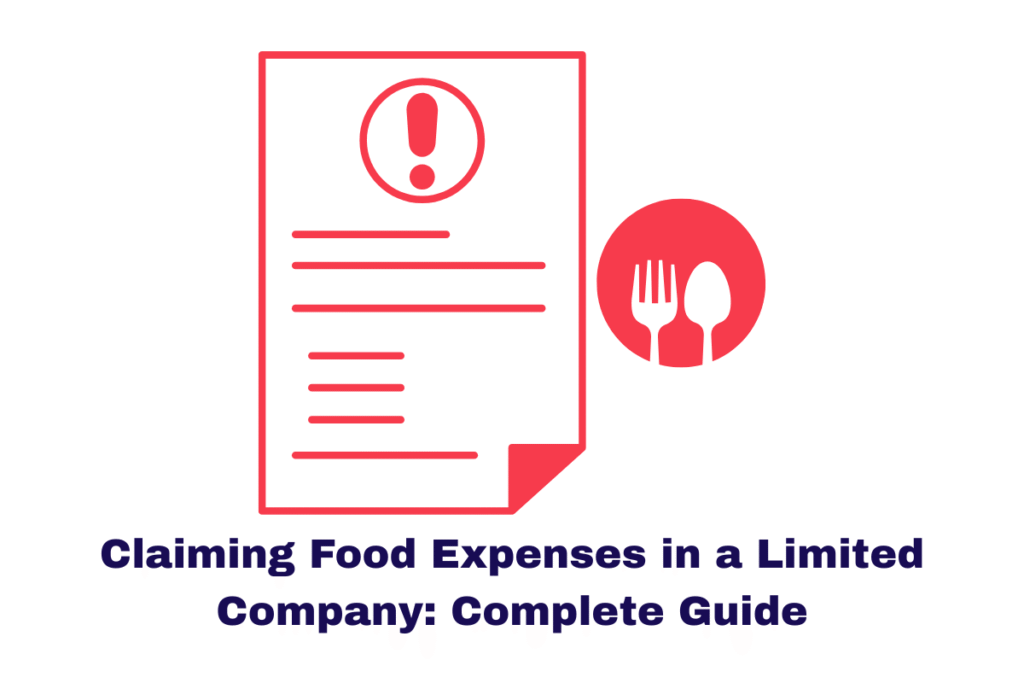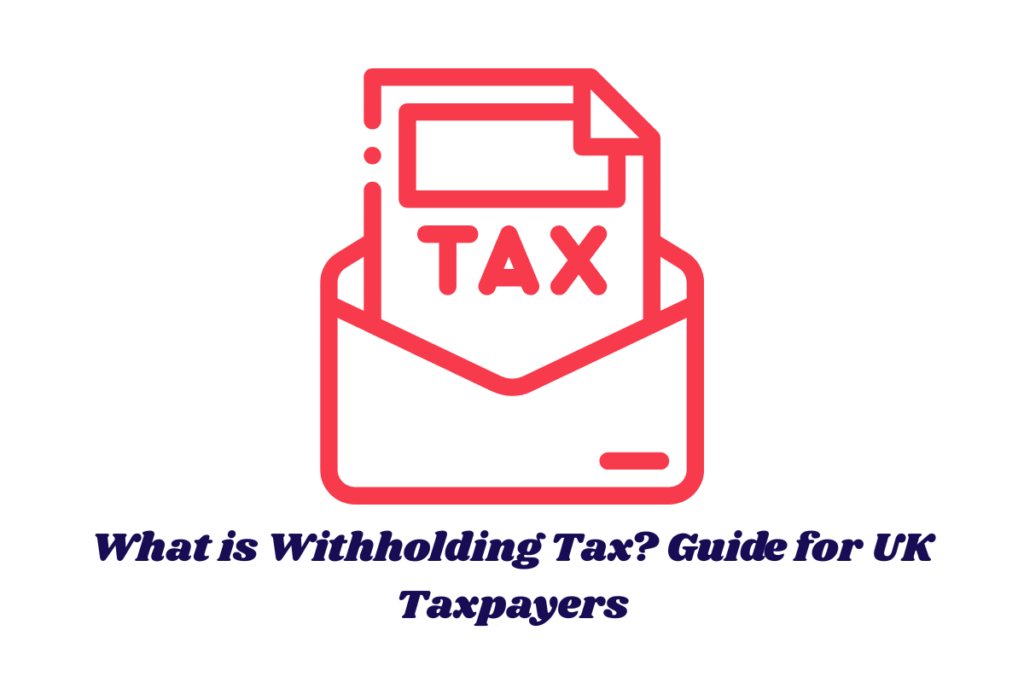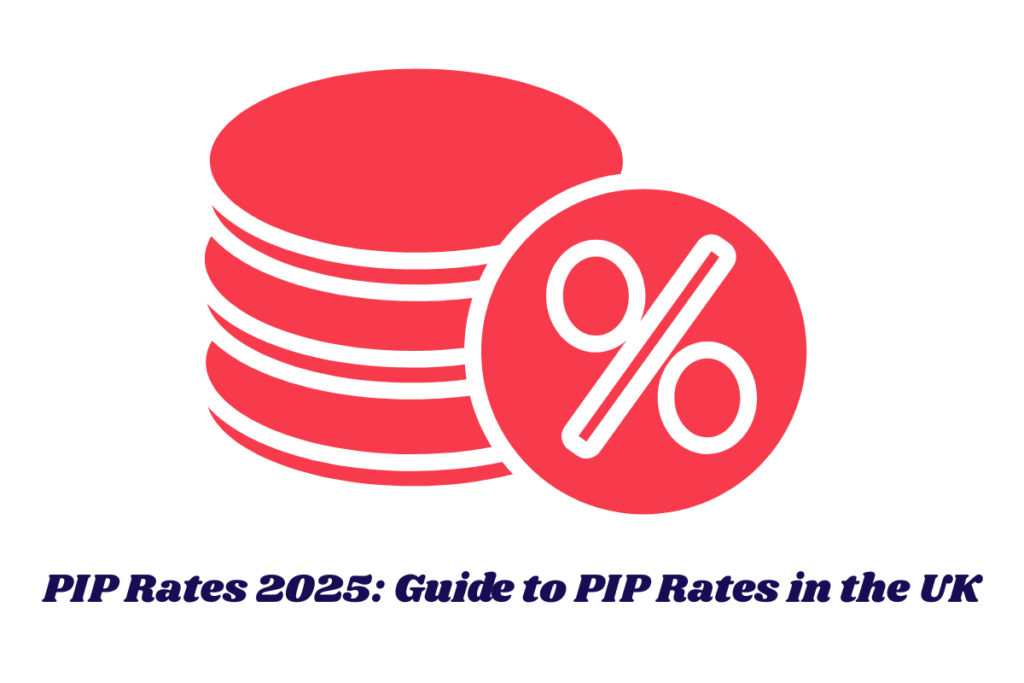When you hear the term “benefit in kind”, it may sound like something optional or vague, but in reality, it is an important part of the UK tax system.
Employees, directors, and even business owners who receive perks outside of their normal wages need to understand how these benefits are taxed, reported, and managed.
Summary
“A benefit in kind is a non-cash perk provided by an employer that may have tax and National Insurance implications.”
What is a Benefit in Kind?
A benefit in kind (BIK) is any benefit or perk an employee or director receives from their company that is not part of their standard salary.
These are sometimes referred to as “fringe benefits” or “perks.” Examples include company cars, private health insurance, and even non-business entertainment.
Not all benefits are taxed the same way. Some are completely tax-free, while others increase your taxable income. In 2025/26, companies must also pay Class 1A National Insurance Contributions (NICs) at 15% on most taxable BIKs, making it important for both employers and employees to know the rules.
Summary
“Benefits in kind are perks outside salary, with some being taxable and others exempt, depending on HMRC rules.”
Why Does HMRC Tax Benefits in Kind?
HMRC taxes benefits in kind because they hold financial value, just like cash salary. For instance, a company car that can be used privately saves the employee money, which is why it is treated as part of their overall income for tax purposes.
The system ensures fairness between employees who receive higher-value perks and those who are only paid wages. Employers also share the responsibility, as they pay NICs on the value of the benefit.
Summary
“HMRC taxes BIKs because they carry financial value and need to be treated fairly alongside salary.”
You can read more articles on different taxe codes in the UK:
1263L Tax Code: Really a Hidden Gem in your Paycheck
1257L Tax Code: What Does it Mean in Your Paycheck?
D0 Tax Code:HRMC’s Premium Rates Impact on You
500T Tax Code: Guide for UK Tax Payers in 2025
SA302: What is it and How to Get One on 2025?
What is M1 Tax Code: Let’s Decode the UK’s Tax Puzzle
What is 64-8 Form? An Expert Guide for 2025
What is P60 Form? How to find P60 Form?
What is a P11D Form & Who must file it?
What Are the Most Common Examples of Benefits in Kind?
Here are the most typical taxable and non-taxable benefits you may come across in the UK workplace.
1. Company Cars and Fuel
One of the most well-known BIKs is a company car. The tax depends on the car’s list price, CO₂ emissions, and fuel type. For 2025, BIK tax rates on traditional petrol and diesel cars can reach up to 37%, while electric company cars enjoy a favourable 2% BIK rate until at least 2025/26.
Summary
“Company cars are one of the most common BIKs, with tax rates favouring electric vehicles.”
2. Private Health Insurance
Private medical or dental insurance provided by an employer is also classed as a benefit in kind. The amount of tax depends on the employee’s income tax band.
Summary
“Employer-provided private health insurance is taxable, based on the employee’s tax bracket.”
3. Assets with Personal Use
If a company asset such as a laptop, phone, or car is provided with significant personal use, it becomes a taxable benefit.
Summary
“When business assets are used personally, they become taxable as BIKs.”
4. Non-Business Travel or Entertainment
Employer-paid personal trips, hotel stays, or non-business entertainment expenses are usually taxable as BIKs.
Summary
“Non-business travel and entertainment are usually taxable as perks.”
5. Self-Assessment Tax Return Fees
If an employer covers the cost of an employee’s Self-Assessment filing fees, it counts as a benefit in kind.
Summary
“Company-paid Self-Assessment fees are treated as a taxable BIK.”
What Benefits in Kind Are Not Taxed?
HMRC makes allowances for certain BIKs that are not taxable. These include:
- Meals in a staff canteen (if reasonable in value and available to all employees).
- Work-related clothing and safety gear such as uniforms or helmets.
- Work-related training costs.
- Business travel expenses (if exclusively for work purposes).
- Company-provided mobile phones (contract must be in the employer’s name).
- Subsidised transport, such as a workplace bus service.
Summary
“Not all BIKs are taxable—staff meals, safety gear, and work-related training are often exempt.”
How Much Tax Do You Pay on a Benefit in Kind in 2025/26?
The tax depends on:
- The type of benefit (e.g., car, health insurance, entertainment).
- The cash equivalent value of the benefit.
- Your personal income tax band (20%, 40%, or 45%).
For example, if your company provides you with a car worth £10,000 in BIK value, and you fall in the 40% tax bracket, you will pay £4,000 in tax.
Employers must also pay 15% Class 1A NICs on the taxable value of the benefit.
Summary
“Tax on BIKs depends on the benefit type, its cash value, and your income tax rate.”
How Do You Report a Benefit in Kind to HMRC?
Employers are legally required to report BIKs to HMRC using:
- P11D Form – completed for each employee receiving taxable benefits.
- P11D(b) Form – summarises the employer’s total BIK liability and NICs.
These forms must be submitted by 6th July following the end of the tax year. Employees may also need to reflect the BIKs in their Self-Assessment tax return, especially if HMRC has not already adjusted their tax code.
Summary
“Employers must file P11D and P11D(b) forms by 6th July to report BIKs to HMRC.”
What Happens if You Don’t Report a Benefit in Kind?
Failure to report BIKs correctly can lead to HMRC penalties. These include:
- Late filing penalties for P11D and P11D(b).
- Interest charges on unpaid NICs.
- Tax investigations if HMRC believes benefits are being underreported.
Employers are also required to maintain accurate expense claim records and receipts to prove compliance.
Summary
“Not reporting BIKs properly can result in penalties, interest, and HMRC investigations.”
How Can You Reduce Tax on Benefits in Kind?
Some strategies to reduce BIK tax include:
- Opting for electric company cars to take advantage of the 2% BIK rate.
- Providing tax-free benefits such as work uniforms, staff meals, and workplace transport.
- Salary sacrifice schemes, where employees exchange part of their salary for tax-efficient benefits like pension contributions.
Employers should carefully plan which perks to offer to balance employee satisfaction with tax efficiency.
Summary
“Tax on BIKs can be reduced with electric cars, tax-free perks, and salary sacrifice schemes.”
Who Pays National Insurance on Benefits in Kind?
Only the employer pays Class 1A NICs on taxable BIKs. Employees are not directly responsible for these NICs, but they do pay income tax on the value of the benefit.
For the 2025/26 tax year, the NIC rate is 15%, up from 13.8% in 2024/25.
Summary
“Employers, not employees, pay Class 1A NICs on taxable benefits at 15% in 2025/26.”
Do Benefits in Kind Affect Universal Credit or Student Loans?
Yes. Since benefits in kind increase your taxable income, they may affect your eligibility for Universal Credit and could increase your student loan repayments. This is because both are calculated based on total income, which includes BIKs.
Summary
“BIKs can impact Universal Credit entitlements and increase student loan repayments.”
Final Thoughts: Why Understanding Benefits in Kind Matters
So, what is a benefit in kind? It’s more than just a workplace perk—it’s a financial value recognised by HMRC and subject to taxation.
Understanding which benefits are taxable, how to report them, and how to reduce liabilities ensures compliance and helps both employers and employees manage their finances better.
Summary
“Benefits in kind are valuable perks, but they carry tax implications that both employers and employees must manage carefully.”
The content provided on TaxCalculatorsUK, including our blog and articles, is for general informational purposes only and does not constitute financial, accounting, or legal advice.
You can also visit HMRC’s official website for more in-depth information about the topic.

